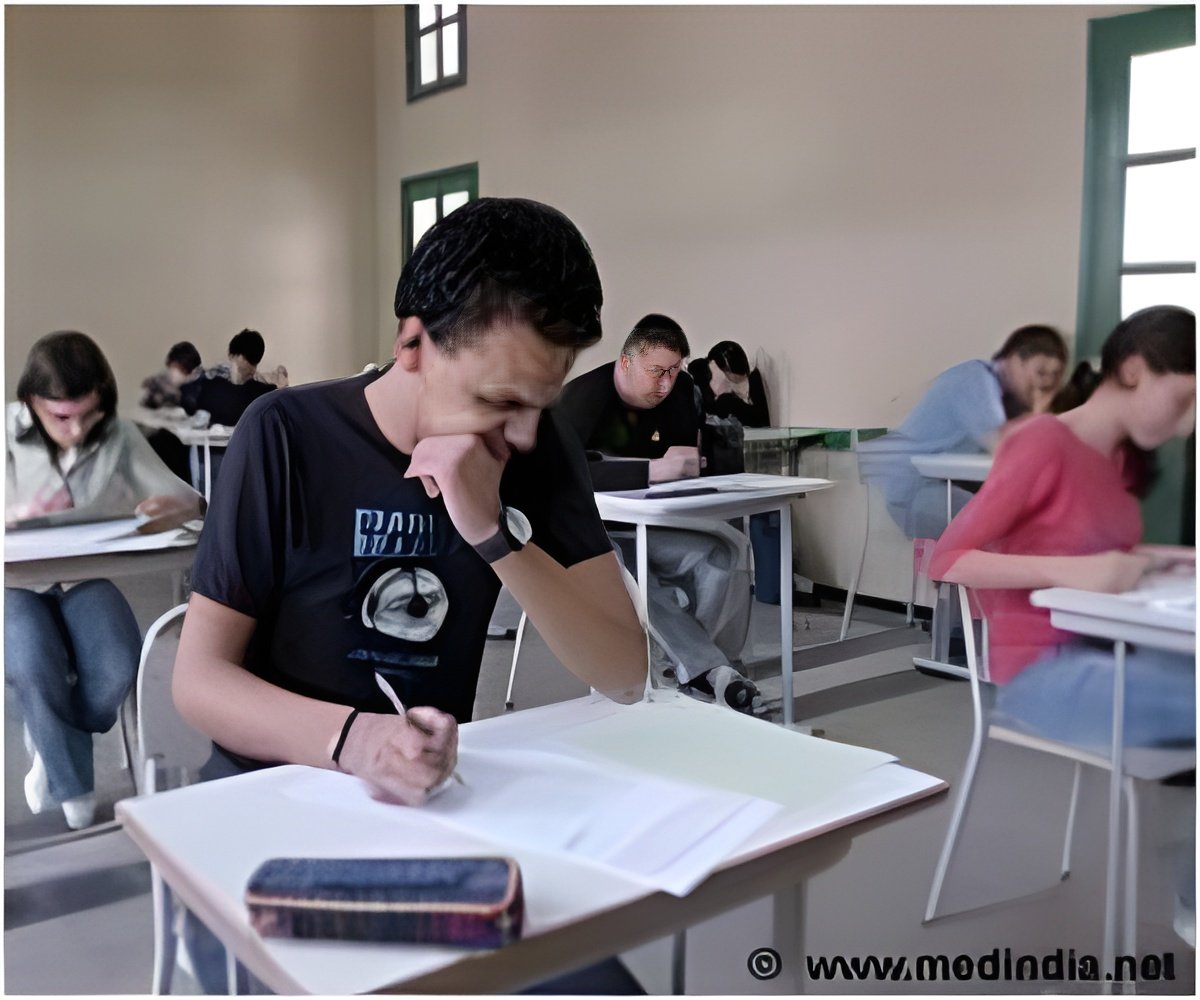A new study has claimed that higher-performing elementary school students got a disproportionate number of resources from their parents.

Higher-performing students received greater and more diverse resources, such as shared meals or enrollment in extracurricular activities.
Parents of higher performers were also more likely to be involved in school activities and networking opportunities that could improve their child's social standing.
Yurk said that it's encouraging that lower-performing children are getting the resources they need to improve their school performance but the high achievers may continue to outpace their peers simply because their parents are investing more frequently and in a more diverse way.
The difference was notable through fifth grade, but faded by the time students reached eighth grade.
The study sample consisted of around 12,000 students as they progressed from first to eighth grade.
 MEDINDIA
MEDINDIA




 Email
Email




